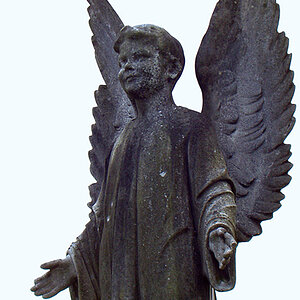Danielley10
TPF Noob!
- Joined
- Mar 26, 2014
- Messages
- 2
- Reaction score
- 0
- Location
- Florida
- Can others edit my Photos
- Photos OK to edit
I am looking for a good lens to take photos at a distance. I have a Nikon 70-300mm f/4-5.6 AF but I am looking for something that gets me a little bit more. I am pretty new when it comes to distance shooting. Help!!


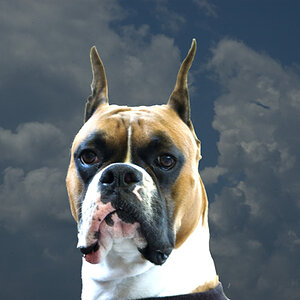
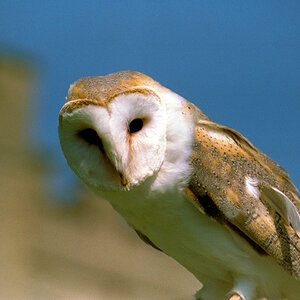
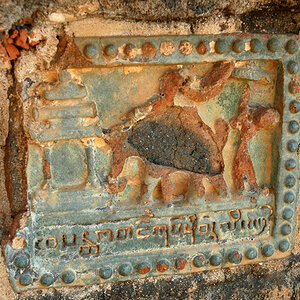
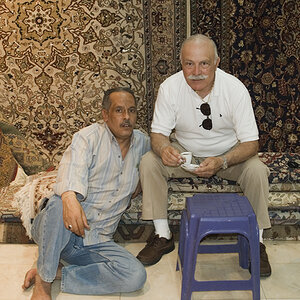
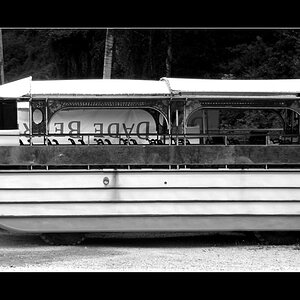
![[No title]](/data/xfmg/thumbnail/40/40285-2ce5915035c220ccb3485030863b62d0.jpg?1619739408)

